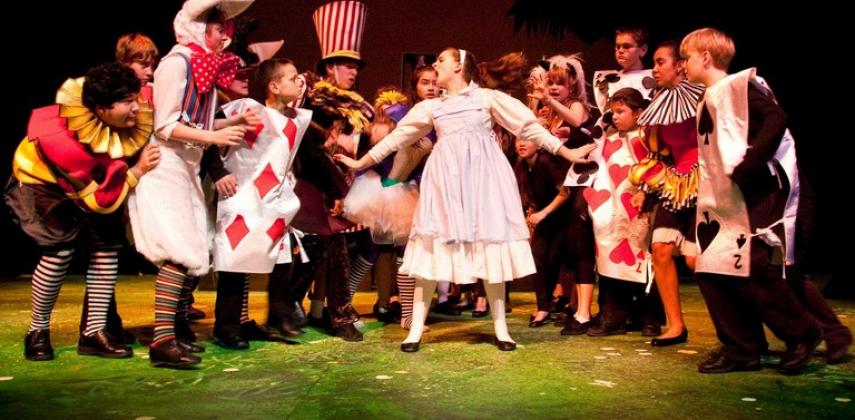Group leaders, assistant leaders and student leaders
Faust International Youth Theatre
Teaching drama to school kids at the Faust International Youth Theatre is certainly not child's play.
Job success is measured by FLO, or Faust Learning Outcomes, which aims to ensure that children are productively interactive, engaged and critical, and continuously learning.
Matthew Gregory, director of Faust, set up the theatre in 1999. He says Faust has expanded every year since then. From 55 students a week when it opened, it now teaches almost 1,000 participants a week.
Weekly programmes for students aged three to 18 are open to the public. The theatre also works with schools and runs a holiday programme for about 700 children. About half of the students are expats from more than 30 nations.
"Recruiting time is usually between May and August. We are looking for 15 to 20 new staff, including group leaders, assistant leaders and student leaders," Gregory says, adding that these positions are part-time.
Group leaders are responsible for the content of each workshop and need to have extensive experience in acting or working with children as teachers - preferably both.
"They should have great passion for the subject and an ability to convey this to the children. They should have in-depth knowledge of different aspects of drama, with interest in a particular aspect," Gregory says.
This particular aspect can be physical, such as choreography or mime; classical drama, such as expertise in Shakespeare; or music and musical theatre.
"Core skills for group leaders include self-confidence and the ability to work with others, while being friendly, approachable, dependable and trustworthy," Gregory says.
Each leader has a certain freedom when it comes to achieving the FLO objectives. For example, they can teach improvisation skills, how to be funny for an audience, or how to integrate spoken words and music into musical theatre.
Assistant leaders help group leaders to achieve these objectives. After a few years, assistant leaders should have enough experience to become group leaders.
Student leaders usually are 16 to 18 years old and studying drama in school, or have an interest in taking up performing arts.
"The selection process includes an interview and joining a workshop, where applicants can assist or even lead a part of it, so we can see how they work with children and how the children react to them," Gregory says.
New staff will spend time with other groups to observe how work is done. "Sharing ideas is very useful, as everyone has experience with theatre," Gregory says.


